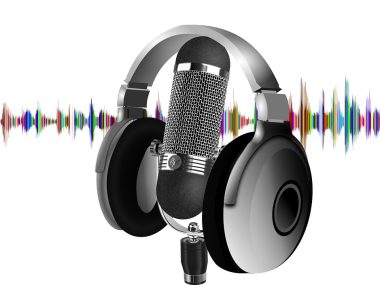
Samsung Health is an app that people using Samsung Galaxy phones will be familiar with, especially those who care a lot about their health and fitness. Initially called S Health, the app was introduced in 2013 alongside with the Galaxy S3, which made it a record-breaking phone of that year. Since then Samsung has made it one of the default app that comes pre-installed in most of their Android smartphone.
What it does is simple – it monitors your daily activity by using various inbuilt sensors that come with your Samsung phone and give you insights on how active you have been and how you can do better to improve your fitness. The goal is to make you exercise more so you can stay active, which in a sense means stay healthy. Samsung Health also let users monitor their heart rate and SpO2 (blood oxygen level) if the phone has heart rate sensor built-in.
In 2015, Samsung made the Health app available to all Android users outside its ecosystem and uploaded it on the Play Store. Shortly after, it opened it up for iOS (iPhone) users as well. However, over the years things have changed for the better as people can now actively monitor their fitness in a more simplified way without having to rely on their mobile phones. We now have fitness bands and smartwatches specifically crafted for this purpose.
I have been an active user of the Samsung Health for a while on my Samsung phone and I can tell that it is burdensome to have your phone with you all the time so that the recorded data can truly reflect your actual activities. To accurately monitor your daily steps and other exercises, you need to have your phone with you at all times, which can be inconvenient as we all know how big today’s smartphones are. Having to keep a phone that weigh more than 170 grams with you throughout the day can be overwhelming.
With fitness bands and smartwatches, the inconveniences are removed. The band or watch just need to be strapped to the wrist as a normal watch. Moreover, they are far cheaper and can be independently used depending on the specs. The conveniences they bring, their flexibility, and their cheaper price make them a better choice. Samsung seems to be thinking in the same direction obviously – it is not by mistake that the heart rate sensor didn’t made it into the Galaxy Note 10 last year and Galaxy Note 20 this year.
It’s becoming apparent that Samsung is doing away with the Health app and is pushing its phone users toward its smartwatches. Some features have been shuffled in the recent Samsung Health app, including the sp02, which is no longer available in the main dashboard. With the ever-growing number of fitness bands and smartwatches that get released yearly, the curtain may be drawn sooner than anyone think.
At one point we’ll all need to move on. Some Samsung users still care and still find Samsung Health on their Galaxy phone important, but there are better cheaper alternatives out there that can do more. The reason while some users still use Samsung Health is to be able to sync the data recorded on their smartwatch to their smartphone because their smartwatch only supports WiFi/Bluetooth.
An independent smartwatch with LTE connectivity is more functional, flexible, reliable, convenient, and will be more accurate in monitoring your fitness and exercise if you go for the right brand. That’s the fact. Fitness bands are cheaper alternative that can be bought for as low as US$35. The reality is, fitness monitoring is no longer deemed essential by smartphone manufacturers because there are better alternatives specifically designed for the same purpose that are cheaper to acquire.
Do you still use Samsung Health on your Galaxy smartphone?





